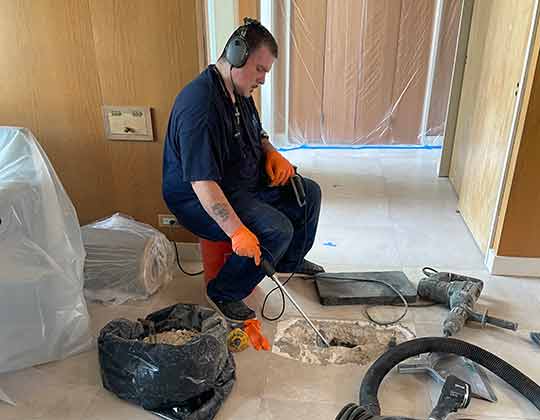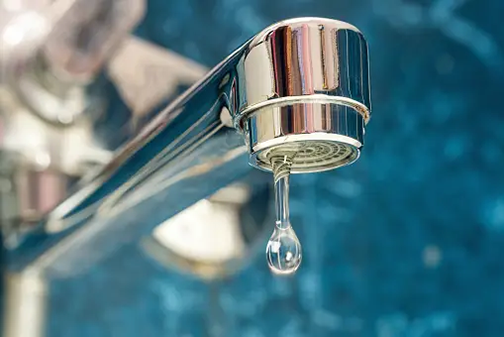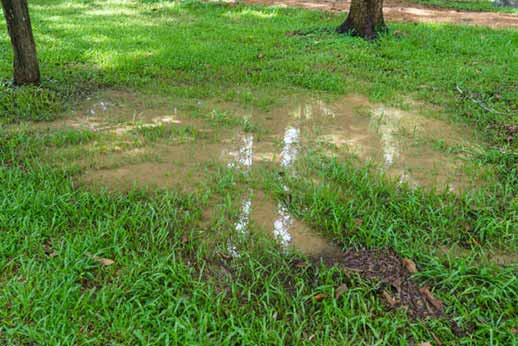The Importance of Identifying Water Leaks
Water leaks in your yard can lead to significant damage, increased water bills, and environmental waste. It is crucial to locate and repair these leaks promptly to minimize any negative impact. In this article, we will explore expert strategies that professionals use to identify and fix water leaks in yards.
Signs of Water Leaks in Your Yard
Before diving into the strategies for locating water leaks, it is essential to be aware of common signs that indicate a potential leak:
- Unusual damp or soggy areas in your yard, especially when the weather has been dry
- Significant plant growth in a specific area compared to the rest of the yard
- Visible cracks or sinkholes in the ground
- Water pooling or bubbling on the surface
- An unexplained increase in your water bill
If you notice any of these signs, it is likely that you have a water leak in your yard that needs immediate attention.

Locating Water Leaks
Effective strategies for locating water leaks in your yard include:
Checking Your Water Meter
The first step in pinpointing the water leak’s location is to turn off all water sources in your home and ensure that no appliances or fixtures are using water. Then, check your water meter; if it continues to run, it indicates water flowing somewhere, potentially an underground leak.
Conducting a Visual Inspection
Walk around your yard and visually inspect the area for any noticeable signs of water leak mentioned earlier. Pay close attention to areas with dampness, unusual plant growth, or visible cracks.
Using a Water Leak Detection Device
Water leak detection devices, such as acoustic leak detectors or soil moisture sensors, are valuable tools in locating leaks. These devices can detect sounds or variations in soil moisture, helping you narrow down the leak’s location.
Consulting a Professional Leak Detection Service
If you are unable to locate the water leak or suspect a complex issue, it is wise to call a professional leak detection service. These experts have specialized equipment and knowledge to accurately identify and locate leaks in your yard.

Repairing Water Leaks
Once you have successfully located the water leak in your yard, it is crucial to proceed with the necessary repairs:
Shut Off the Water Supply
Before initiating any repair work, turn off the main water supply to prevent further water loss or damage. Locate your water shut-off valve, often found near your water meter or where the main water line enters your home.
Assessing the Leak and its Severity
Determine the type and severity of the leak. It could be a broken water line in need of repair, a damaged sprinkler system, or a faulty irrigation component.
DIY Repairs
If you have the necessary plumbing or landscaping skills, you may attempt to repair the leak yourself. However, bear in mind that some issues may require professional intervention to ensure a proper fix.
Hiring a Professional
For complicated or extensive leaks, it is highly recommended to enlist the services of a nearby plumber or landscaper. They will have the expertise and tools to efficiently repair the leak, providing a long-lasting solution.
Prevention is Key
Preventing water leaks in your yard is crucial for avoiding future problems. Regularly inspect your irrigation system, pipes, and sprinklers to ensure they are in good condition. Proper maintenance, such as winterizing your irrigation system and promptly fixing any leaks, will help prevent further issues.
In Conclusion
Locating and repairing water leaks in your yard requires a systematic approach. By understanding the signs, using effective strategies for leak detection, and taking appropriate repair measures, you can minimize the damage, conserve water, and preserve the integrity of your yard. Regular maintenance and prevention should also be prioritized to avoid future leaks.


